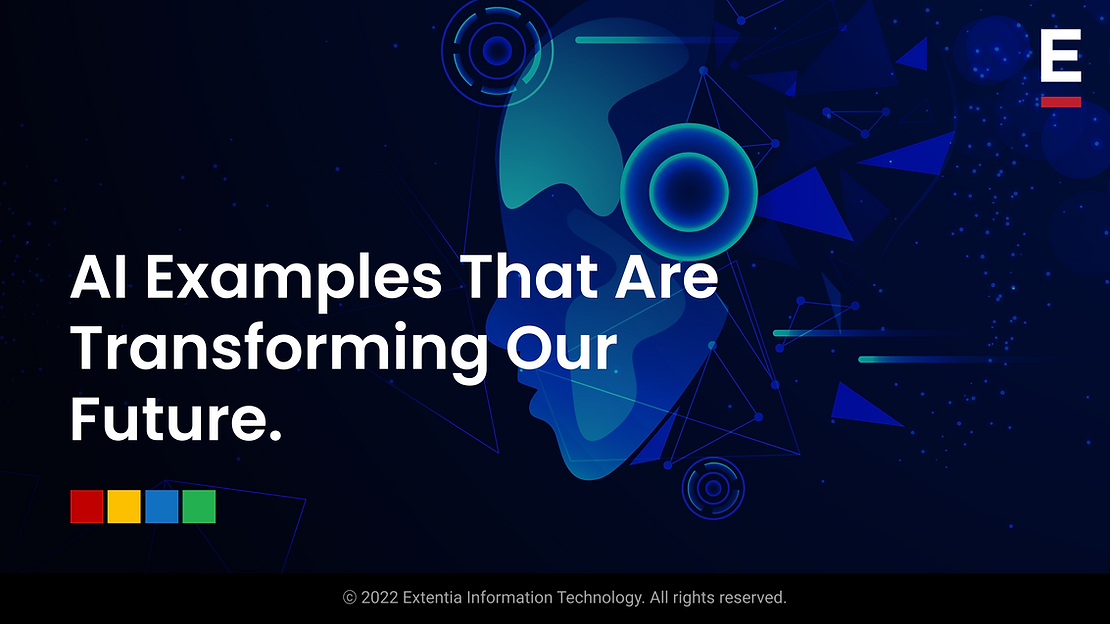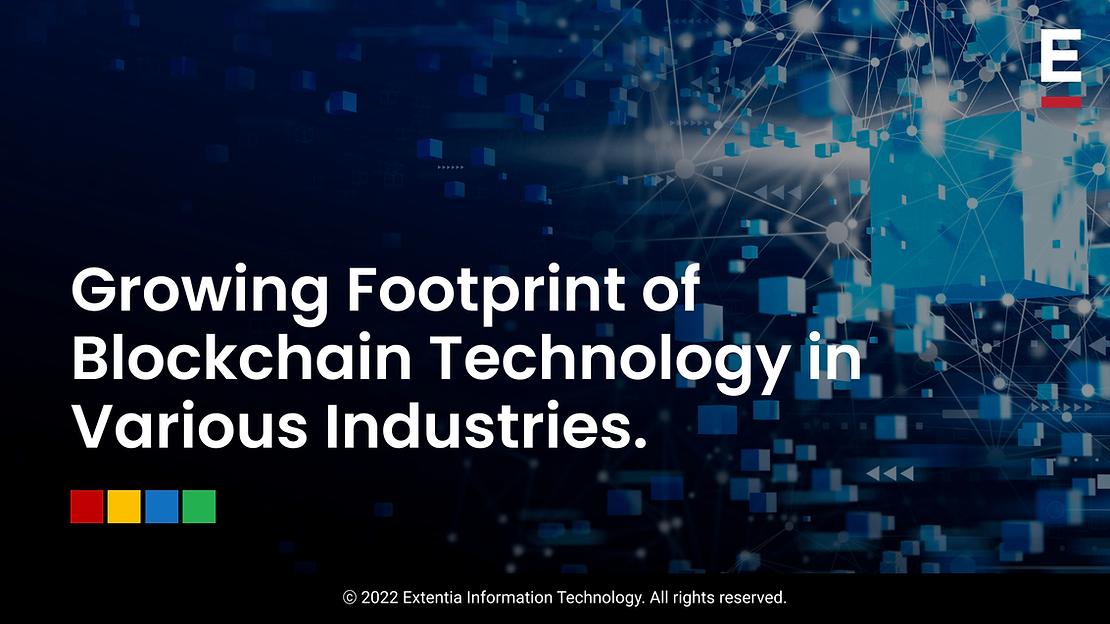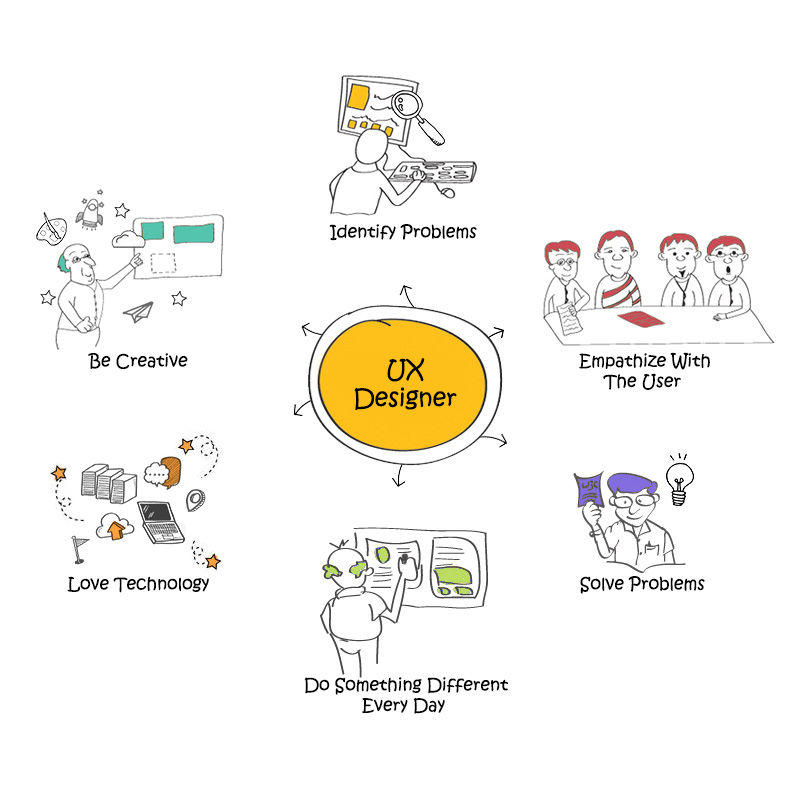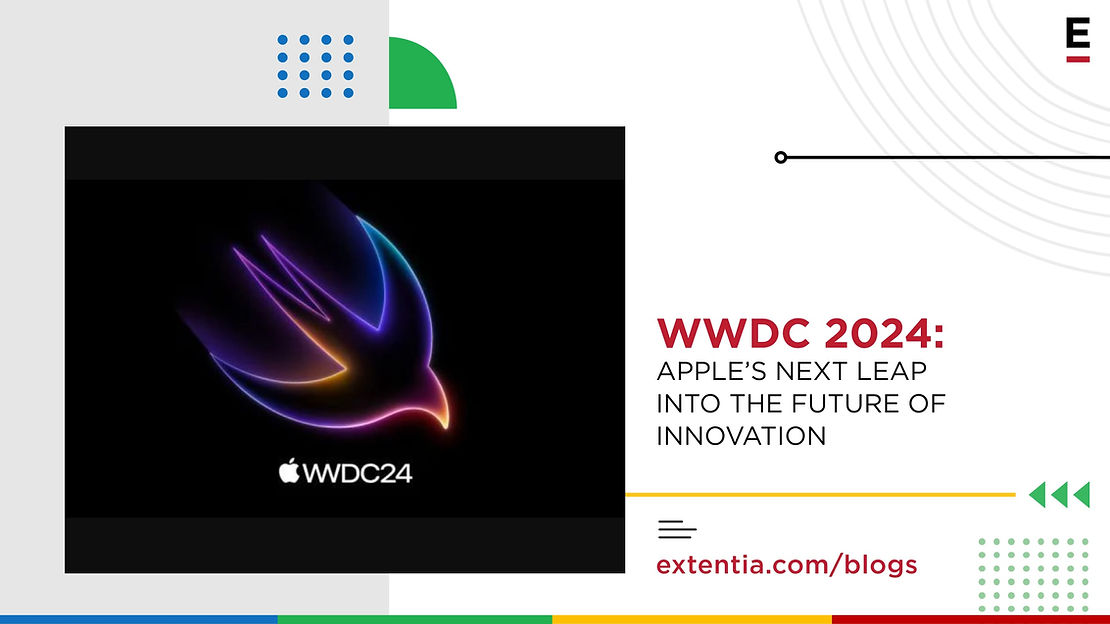Artificial Intelligence (AI) has been growing multifold for the past few decades and is enabling people and businesses alike. Artificial Intelligence & Machine Learning have eliminated the repetitive tasks in businesses and focuses on solving unique and critical problems. Several examples of artificial intelligence impact our daily lives today. Some of them include FaceID on iPhones, the search algorithm on Google, the recommendation algorithm on Netflix, digital assistants like Alexa, and ride calling apps such as Uber. Throughout this blog, we will discuss some of such best examples of Artificial Intelligence in everyday life.
1. Smart Assistants: One of the most widespread and easily recognizable applications of Artificial Intelligence in our daily lives is smart voice assistants. From Apple’s Siri to Amazon’s Alexa and Google’s Google Assistant, smart assistants rapidly transform the way we work and indulge in our favorite hobbies.
Smart Voice Assistants for Work: If you wish to carry out a Google search, you can ask Google Assistant to do so. Similarly, while working on Microsoft devices, you can utilize Cortana to search for a particular file or email, open a folder, check your meeting schedule on Gmail, etc. Through these AI-enabled tools, the tasks that could take a few minutes take far less time.
Smart Voice Assistants for Leisure: You can also use smart voice assistants to search and play a particular song or movie on your phone, tablet, or computer. In addition to this, you can make calls by issuing verbal Instructions to these smart voice assistants. These tools can also present results in various applications based on your past search behavior, thereby making your future searches easier.
2. Self-driving Cars: In the past few years, AI technology has virtually revolutionized the way vehicles are designed and used. These days, you can opt for a self-driving and self-parking car whose system software is centered around deep learning, which is an integral part of AI. With vehicles that can think, at least to the extent they are programmed to and perceive the space around them to park successfully, your job as a driver becomes much easier and less taxing.
AI used by Nvidia is being incorporated in self-driving cars manufactured by Audi, Volvo, Toyota, and Tesla, to name a few. This technology has been envisaged to empower cars to navigate a wide range of potential situations on the road, which can reduce the incidence of accidents.
The new Google Pixel phones have a Car Crash Detection software that revolves around Machine Learning. If the phone senses that your car is about to crash, it will share your live location with pre-selected contacts and inform a response team to assist you.
3. Robo-advisors: Another exciting application of Artificial Intelligence that is increasingly gaining prominence is Robo-advisors. Artificial intelligence robots make devices and instruments we use in our daily lives more effective and intelligent.
Take the iRobot Roomba 980 Vacuum Cleaner, for instance: Powered by Artificial Intelligence Technology, this tool can scan the size and dimensions of a particular room, discern objects that may obstruct the vacuuming process, and identify the optimal route for the cleaning. What is more, this Artificial Intelligence robot can also determine the number of times a room needs to be cleaned based on its size and cleaning requirement.
“Our intelligence is what makes us human, and AI is an extension of that quality.” – Yann LeCun, VP and Chief AI Scientist, Facebook Silver Professor of Computer Science.
4. Conversational Bots: AI chatbots are amongst the newest and most valuable entrants in the field of applications of Artificial Intelligence. With the utilization of conversational bots that you can find on Amazon, Spotify, Swiggy, SBI, etc., it is easy and time-efficient to get redressal of your queries and complaints.
You do not have to wait to be connected to a customer service executive via text or phone. If your queries or requests are straightforward, AI chatbots can solve them. This way, you end up saving time, but organizations also save on the cost of customer service. It is, therefore, a solution where everyone benefits for all the stakeholders.
5. Email Spam Filters: If the thought of opening an email in your inbox makes you anxious, then you can easily switch to AI-powered applications that employ email filters to cleanse your email inbox.
Categorize your emails: Not only can apps with email filters flag and remove spam or suspected spam messages from your email inbox, but they can also categorize your emails into distinct categories. This way, the task of organizing your email inbox becomes easier.
Automated separation of essential emails and spam emails: With the application of AI programming, segregating the emails that matter to you from the ones that are spam becomes automated, thereby saving you a substantial amount of time and energy and reducing your stress and anxiety.
With the abundance of data from users, ML models can be trained efficiently to perform better while improving AI. These examples of artificial intelligence are why AI is widespread everywhere and used everywhere, and they significantly simplify most of our daily lives. AI is profoundly changing our lives for the better, making them more productive and allowing us to focus on the challenges. In the next blog from this AI series, we will bring you the top five use cases of AI that are transforming the business scenarios for all.



